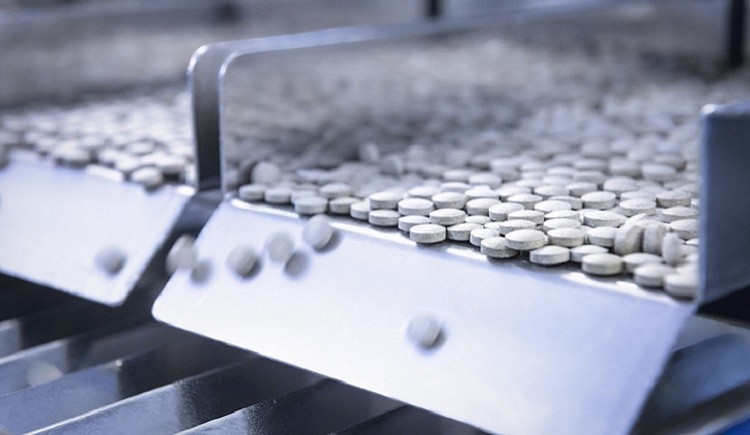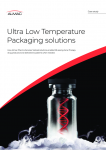WashU report highlights vulnerabilities in US pharma supply chain

While patients in the US rely on a long list of essential medicines in their daily lives, most of the active pharmaceutical ingredients (APIs) in those important treatments are sourced from countries overseas. According to a new study from the Olin Business School at Washington University in St. Louis, no manufacturing source within the country’s boundaries exists for more than 80% of APIs in medicines deemed essential by the US Food and Drug Administration.
“This creates an incredible vulnerability to our public health care system, our health care security,” said Anthony Sardella, an adjunct professor at Olin. He led the study “The US Active Pharmaceutical Infrastructure: The Current State and Considerations to Increase US Healthcare Security,” which focuses on the generic medications that represent more than 80% of prescriptions issued in the US, using proprietary data from across the industry.
The analysis in Sardella’s study indicates:
- The majority of large-scale manufacturing sites of APIs are in India and China; less than 5% of such sites are located—and during the pandemic, both countries have threatened to throttle or cut off shipments to the US
- Of 52 COVID-related medicines, 75% had no US source of API
- Of the top 100 generic medicines consumed in the US, 83% had no US source of API
- Of the 47 most-prescribed antivirals, 97% had no US source of API
- Of the 111 most-prescribed antibiotics, 92% had no US source of API
According to Sardella, the vulnerabilities highlighted in the report should be setting off alarm bells.
“With no US installed capacity, the US has little or no leverage over manufacturers in how they respond to this risk or prioritize a recovery; without a US site, the US lacks resiliency and leverage to solve the supply chain issues,” Sardella advised. “Moreover, with such a low US manufacturing base for supplying these important APIs, there is little industry present in the US to sound the alarm.”
And while answering the call from industry professionals, government leaders, and others to increase domestic API production might help quell the issue, other obstacles like the heavy government subsidies manufacturers in China and India remain formidable.
“This creates a situation, that even if the US successfully expanded API manufacturing in the US, domestic manufacturers will still be a price disadvantage,” Sardella said. “Re-domesticating and securing API production will require policy changes that enable the sustainability of US API manufacturing.”
Tackling the issue of over-reliance on foreign-sourced APIs, Sardella commented, will require a comprehensive, collaborative approach.
“First, we need policy changes to foster growth in the US manufacturing of generic drug APIs and protect our supply,” he said. “Trade policies that allow a finished dosage manufacturer to source 100% of the products API from non-US sources, but still be compliant with the Buy American Act (BAA), certified as 'Made in America' and eligible for government procurement contracts need to be addressed; changes to Medicare so as to incentivize drug wholesalers and retail pharmacies to stock and dispense US-sourced API would also drive greater resiliency of our supply chain by enabling entry of US-based producers."
Sardella also recommended ongoing investment in new advanced manufacturing technologies would serve to expedite the creation of US production capacity.
And while reducing overreliance on overseas API sources will help US patients and drug companies, Sardella said, the issue goes beyond that.
“This is not just a healthcare issue; this is an issue of national security and protection of the health of our citizens,” he told OSP. “Just like we have taken great action to secure the supply of semiconductors, we must take the necessary actions to grow US supply and protect our citizens and their health.”



















